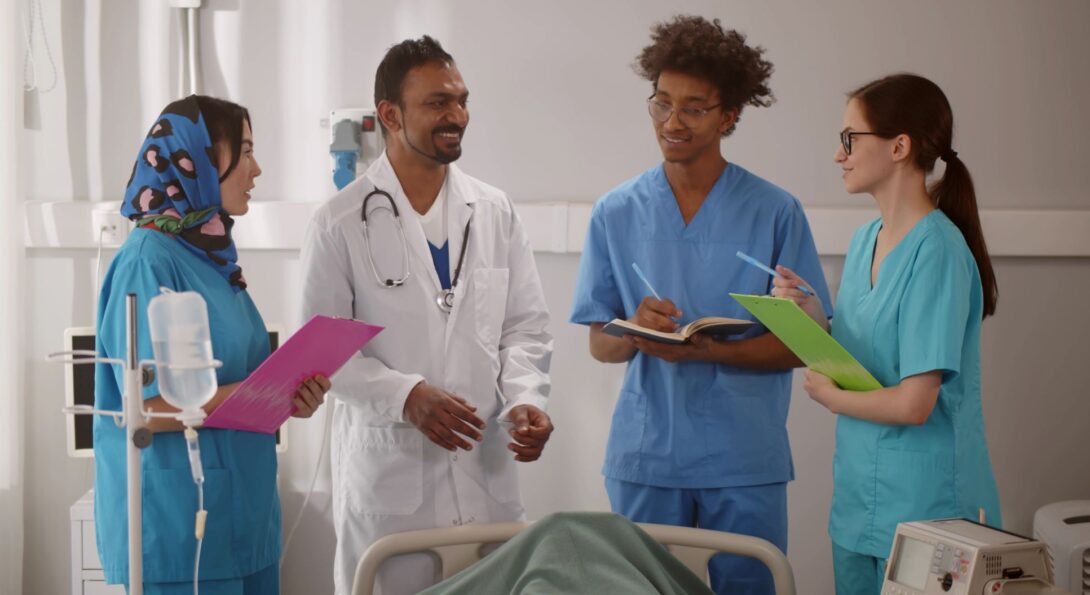Preceptors

Learn about the community physicians, office and residency personnel who help in teaching UI College of Medicine students
Our Students Learn from World-Class Faculty Heading link
Our students learn from the best! We place our students with the leading practicing Family Medicine clinicians in the Chicagoland area who provide:
- Individualized teaching
- Experiential learning in clinical approach and practice management
- Exemplary mentorship in the art of Family Medicine
- A living illustration of community advocacy
- A resounding and supportive voice for the “Difference that is Made” through FamilyMedicine.
Our preceptors, as well, have the opportunity to work with the brightest and most motivated students around.
Together we are teaching the valuable skills of Family Medicine and cultivating the health of our communities and the field of Family Medicine.
Become a Preceptor Heading link
Would you like the gratification of teaching the future doctors of tomorrow? If you would like to teach UIC medical students or if you know someone who might be interested in teaching please feel free to contact Sagina Hanjrah M.D., Director of Medical Student Education.
Benefits of becoming a preceptor
A Sense of Fulfillment
You are undertaking an activity that will give you an enormous sense of personal satisfaction and pride. Teaching eager medical students is truly rewarding and is the key to an excellent future for Family Medicine.
Feedback on how you are doing
We provide sites a semi-annual summary and individual preceptor evaluations. We also can tailor evaluations for sites wishing a particular kind of feedback.
Invitation to Attend Graduation
We would be honored for you to join us in celebrating the accomplishments of our students. Each year you will have the opportunity to attend the graduation ceremony, if desired, at UIC. If you choose to attend, we will provide for your use the full regalia to formalize your attendance as we sit together as a unified faculty in celebration of our students’ achievement.
